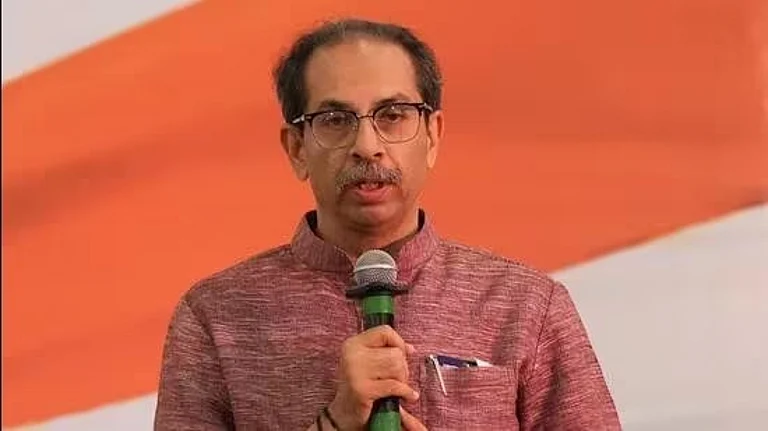Prachi Nigam scored the highest marks in Uttar Pradesh Class 10 board exams this year. She made headlines but mostly because of the trolling she faced after her photo was widely shared on the internet. Her facial hair became the focus of discussion and her highest score, her hard work to achieve it, her ambition, everything was pushed aside because of some people with access to smart phones didn’t have the basic human intellect to look past the unrealistic ‘beauty standards’ imposed on people, particularly on girls and women. During an interview to a media outlet, Prachi wished ‘she had not topped’.
This is not an isolated incident of body shaming and companies trying to monetise beauty standards. Here are a few other examples:
Bombay Shaving Company: While many trolled Prachi Nigam, many others came to her support. Social media flooded with people calling out trolls; it became a trending topic. And with trending topics come some opportunists who wish to capitalise it. Bombay Shaving Company brought out a full-page advertisement in newspapers. Their tagline read "We hope you never get bullied into using our razor". It did not set well with people on social media who felt that the company was just trying to monetise the debate around the incident.
Himalaya’s Face Wash Controversy: Last year the branch Himalaya’s came out with an ad supposedly to encourage the idea that ‘beauty comes in all colours’. But the ad itself did not feature people of dark skinned and faced backlash for promoting an idea without practicing it.
Fair & Lovely: After years of criticism for imposing that ‘fair’ is the only way to be, the makers of this beauty product decided to rename it. They went with a token change of ‘Glow & Lovely’. The ‘fairness’ cream for years have capitalised on the idea that only fair skinned women can achieve greatness with ads featuring a dark-skinned woman failing to land a job, then using their product and magically getting all the confidence to excel in life. As people became more aware of this misogynistic idea the product faced criticism. And decided to go for a superficial change.
Kelloggs’ Special K: A few years ago, the breakfast cereal company released an ad stating that those who consume their product are most likely to be ‘thin’ compared to those who don’t. The ad shows a man sitting a sofa enjoying cricket on television, when his wife walks by showcasing her ‘fit figure’ and the husband ‘forgets’ about the cricket match. The woman rejoices that her husband is paying ‘attention’ to her instead of cricket. The ad re-imposes the idea that only ‘thin’ women are attractive.



























